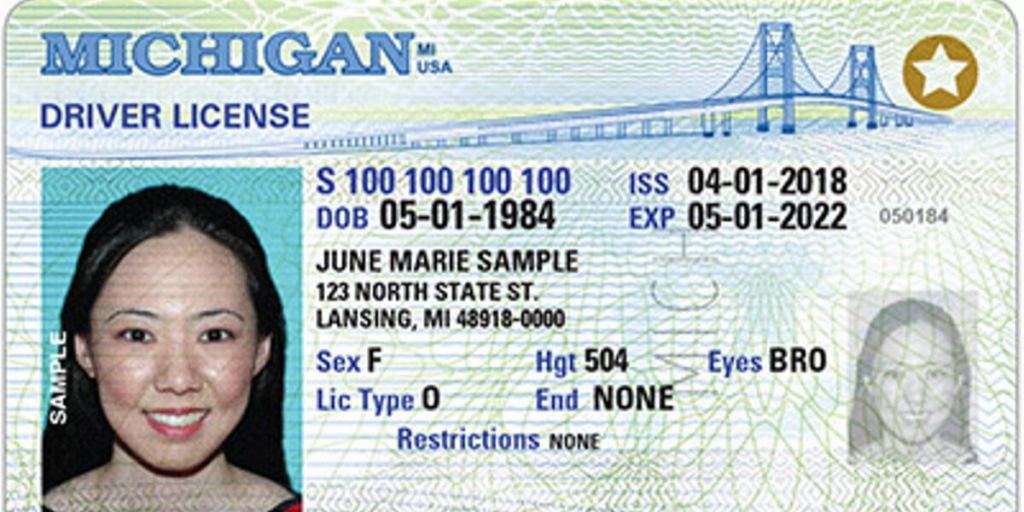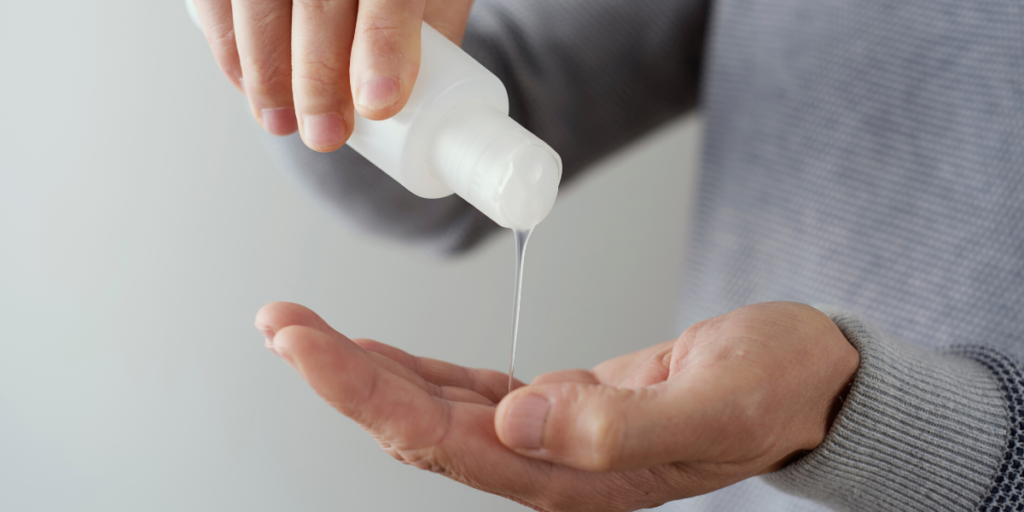Bridge Traffic Down Significantly as Travel Restrictions Continue
As you might expect, there are significant decreases in traffic crossing the Blue Water Bridge. Both Canadian and US bridge officials report that auto traffic has decreased by around 95% and commercial truck traffic is down 38%.
Todd Kealey, Director of Communications of Marketing & Government Relations for the Federal Bridge Corporation in Ontario, said that last year at this time, there were an average of 2700 – 3200 cars crossing the bridge each day with thousands more on the weekends. Right now, there is an average of 110-125 cars crossing the border, the majority of them are essential workers employed in the U.S.
Canada and the United States agreed to restrict non-essential travel on March 21st. The Blue Water and other international bridges are being closed to everything but essential travel. The Michigan Department of Transportation announced the travel restrictions based on orders from the United States and Canadian Federal Authorities.
The restrictions also include all land ports and ferries between the U.S. and Canada. Only vehicles engaged in essential travel will be processed to cross the border. Essential travel includes U.S. citizens and permanent residents returning to the U.S., traveling for emergency response and public health purposes, and individuals engaged in lawful cross-border trade such as truck drivers supporting the movement of cargo between the U.S. and Canada. Truck travel remained virtually unchanged after the restrictions were put into place until the automotive industry shutdown.
If you have questions about crossing the bridges, contact Canadian officials at 519-337-8721 or US officials at 810-984-3131.
Reporting for WGRT – Jessie Wiegand






